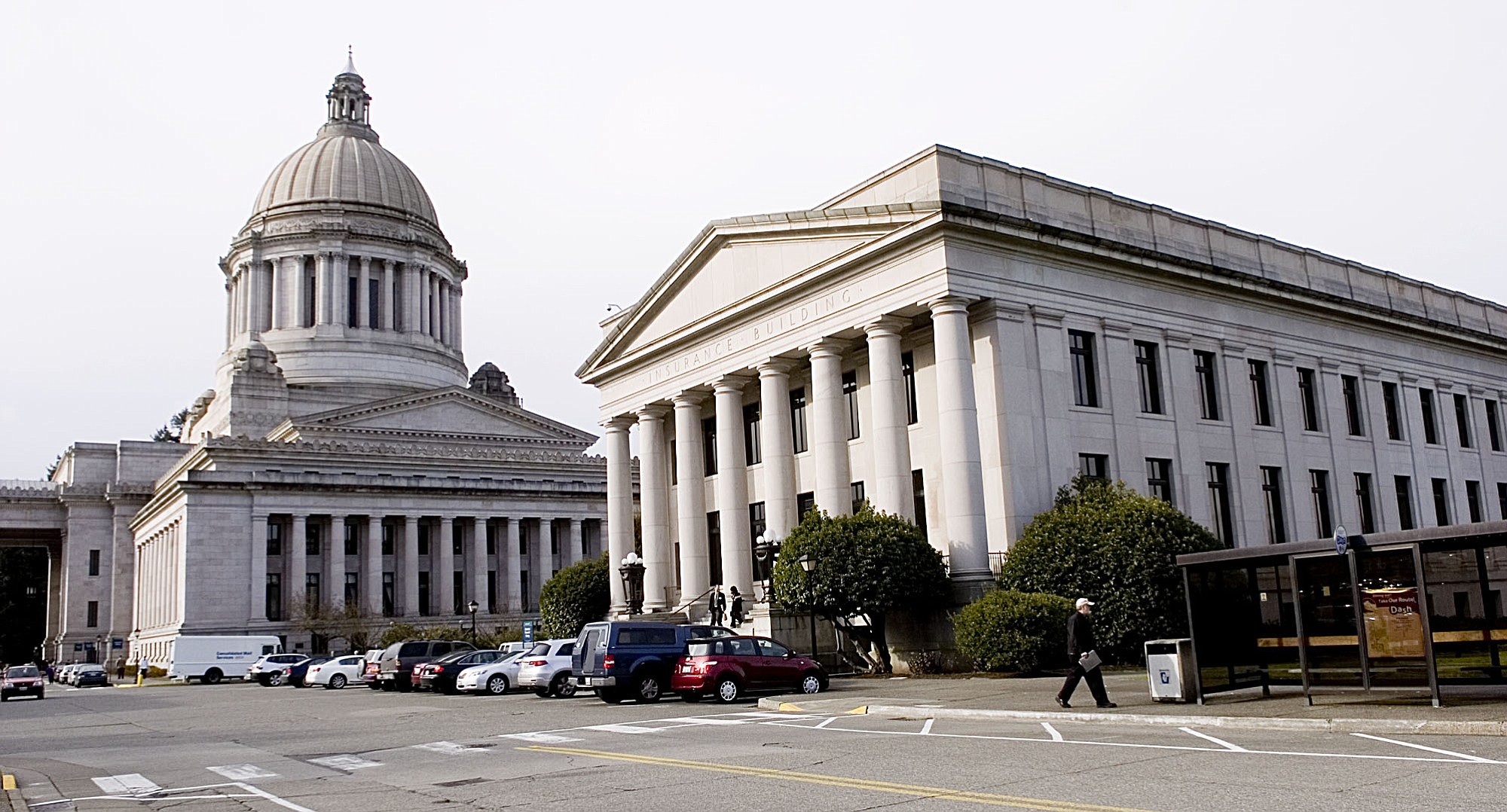OLYMPIA — Justices on Washington’s Supreme Court had a lot of questions Tuesday about a little-known state law that allows investigators to get a suspect’s bank, phone, email and other records without a search warrant.
Under the law, adopted in 1971, prosecutors have been able to get those records without showing probable cause — the standard that applies to search warrants. Instead, they can get the information with a subpoena issued under a lesser standard in a secret hearing called a “special inquiry.”
The justices heard arguments over whether that’s a violation of privacy protections in the state Constitution. Scott Peterson, a senior deputy prosecutor for King County, argued that while a warrant is required to search someone’s home or their actual phone, probable cause should not be required to obtain records a person voluntarily turns over to third parties, such as phone records.
Some justices questioned that analysis. They noted that in many cases phone companies or cloud computing firms maintain virtually everything that’s stored on a phone, making a records search very similar to a physical search.
“The distinction you’re drawing between something that exists in the phone and what’s stored offsite is a reality that doesn’t exist anymore,” Justice Mary Yu told him.
The arguments came in an appeal brought by Michael Reeder, who was convicted of swindling an octogenarian out of $1.7 million in a scam real-estate deal. Before bringing charges, Peterson went to a special inquiry judge and obtained 20 subpoenas for Reeder’s bank records. A financial analyst for the state spent 600 hours poring through them looking for evidence of the crime.
Reeder’s attorney, David Donnan, told the justices that such a vast intrusion into someone’s private affairs must require a more stringent showing by prosecutors than that required under the special-inquiry law.
“It doesn’t make any sense to me that Mr. Reeder, who had not been charged with a crime, who presumably they did not have probable cause to believe he had committed a crime, could have his privacy so completely invaded,” Donnan said.
The Legislature created the special inquiry proceedings following a wide-ranging public corruption investigation in Seattle. They were designed to be a more efficient alternative to the grand jury system, which prosecutors found to be expensive and cumbersome. The procedure allows the judge to issue subpoenas for evidence, such as bank or phone records, at the request of a prosecutor who has “reason to suspect” crime.
Peterson called them a “very good tool.”
But reasonable suspicion is a lesser standard than probable cause, and defense attorneys say that’s the problem. Under Washington’s Constitution, people can’t be disturbed in their private affairs without “authority of law.” The high court has never ruled on whether a special inquiry judge subpoena meets that standard.
Under the federal Constitution, such third-party records are not generally protected; federal grand juries issue subpoenas for them all the time. But Washington’s Constitution is considered to be more protective of people’s privacy.
An Associated Press story in 2012 detailed how state prosecutors had used special inquiry judge subpoenas as substitutes for warrants, especially in Benton County. Following the story, the Washington Association of Prosecuting Attorneys acknowledged the special inquiries had been overused and adopted model rules for the procedure. The guidelines say prosecutors should use them only when traditional investigative techniques won’t work, including “when investigators lack the probable cause necessary to obtain a warrant.”
The justices noted Tuesday that subpoenas are used to obtain records in a variety of legal proceedings, including civil business disputes and divorces. But they also noted key differences, including that in those cases, the records aren’t being obtained by the police.
Donnan also argued that in those cases, the party whose records are being sought has an opportunity to contest the subpoenas or narrow their scope. No such opportunity is afforded under the special inquiry law; the person whose records are searched is not necessarily ever told about it.



